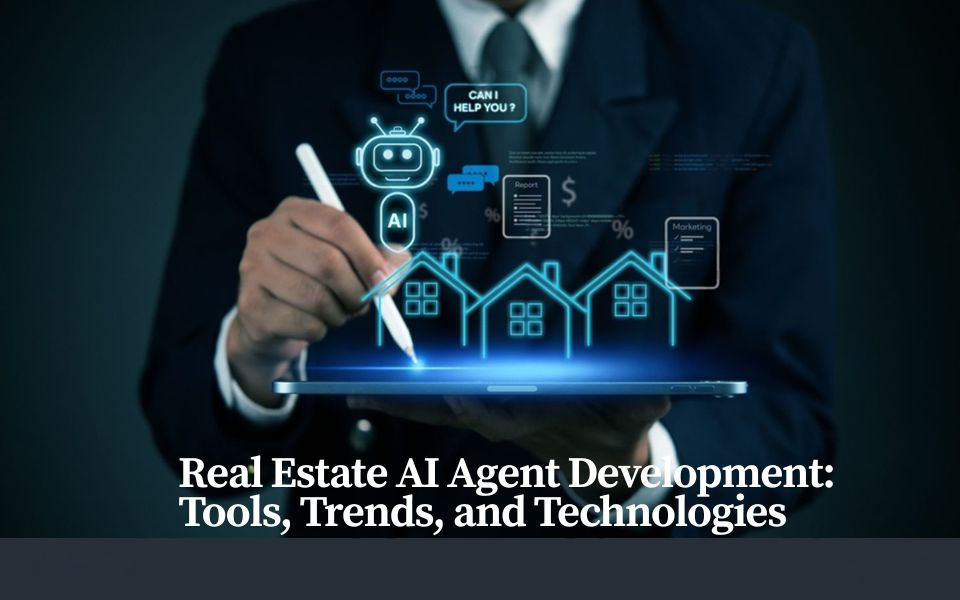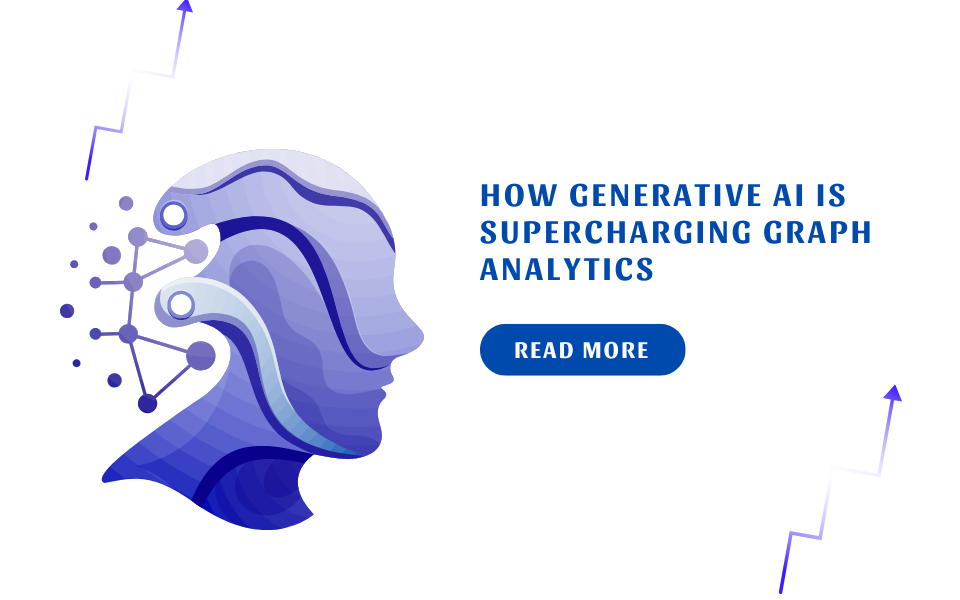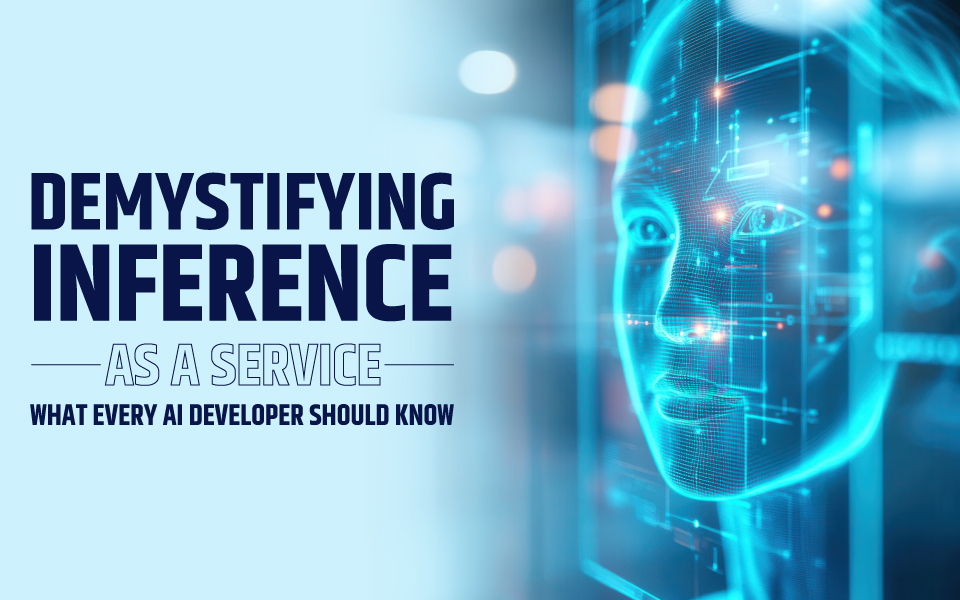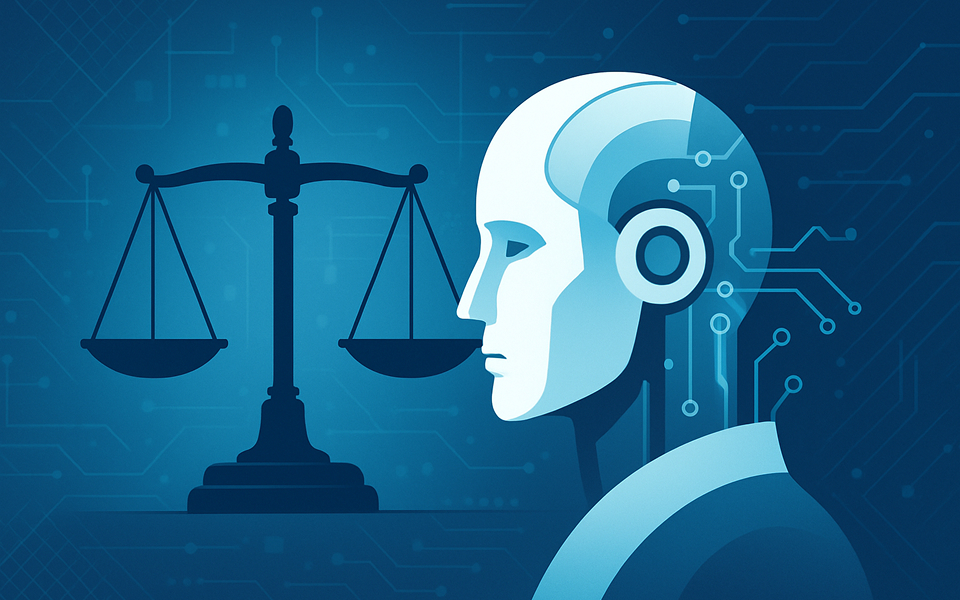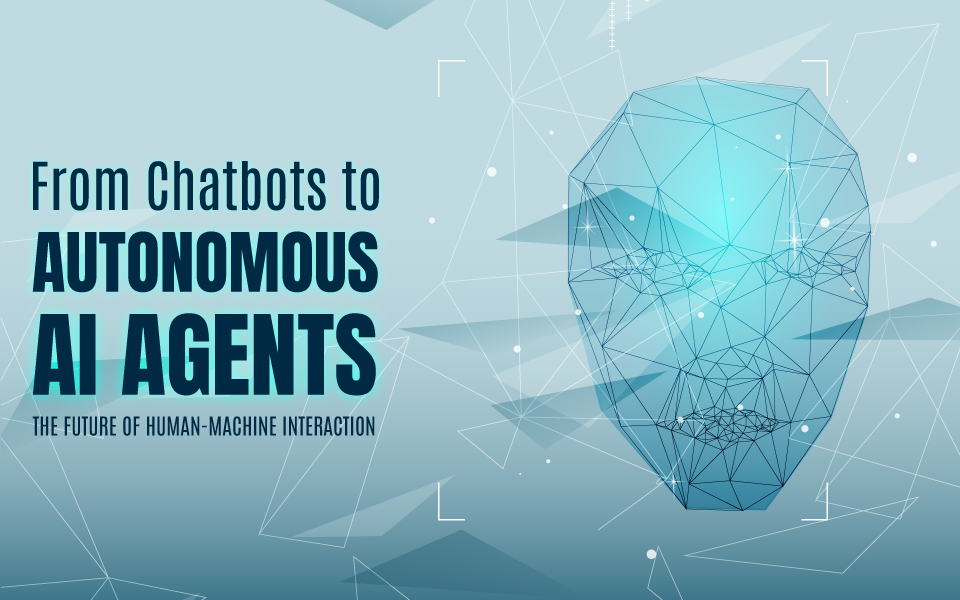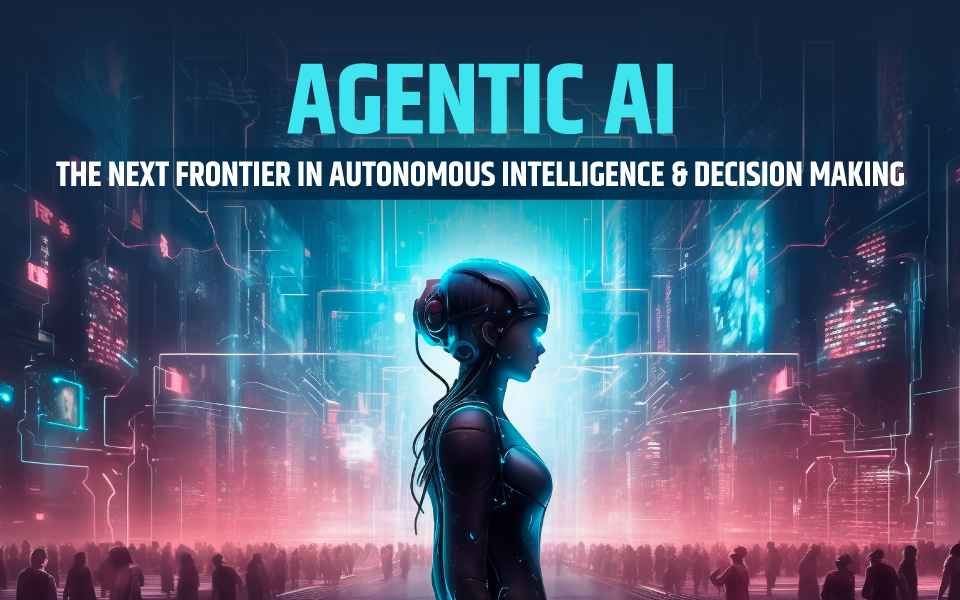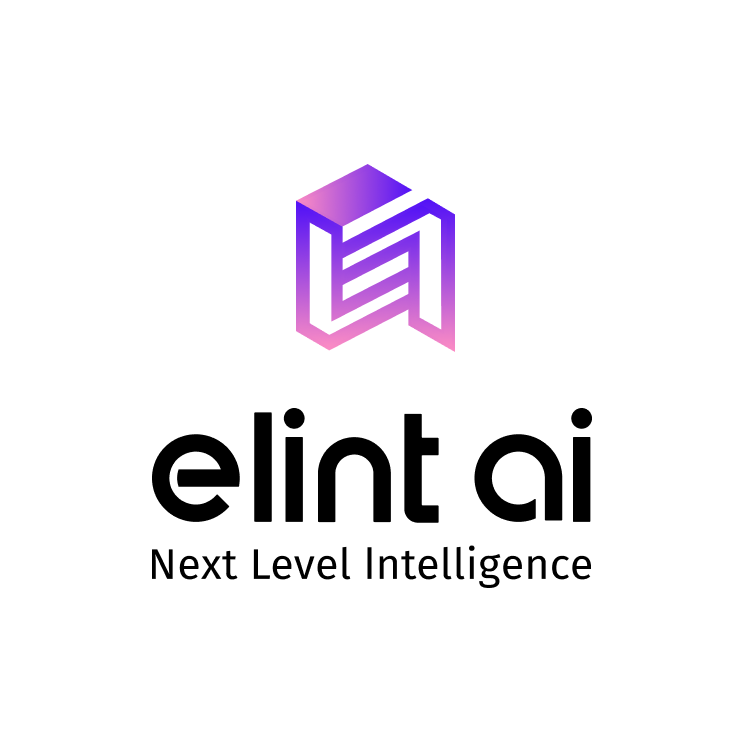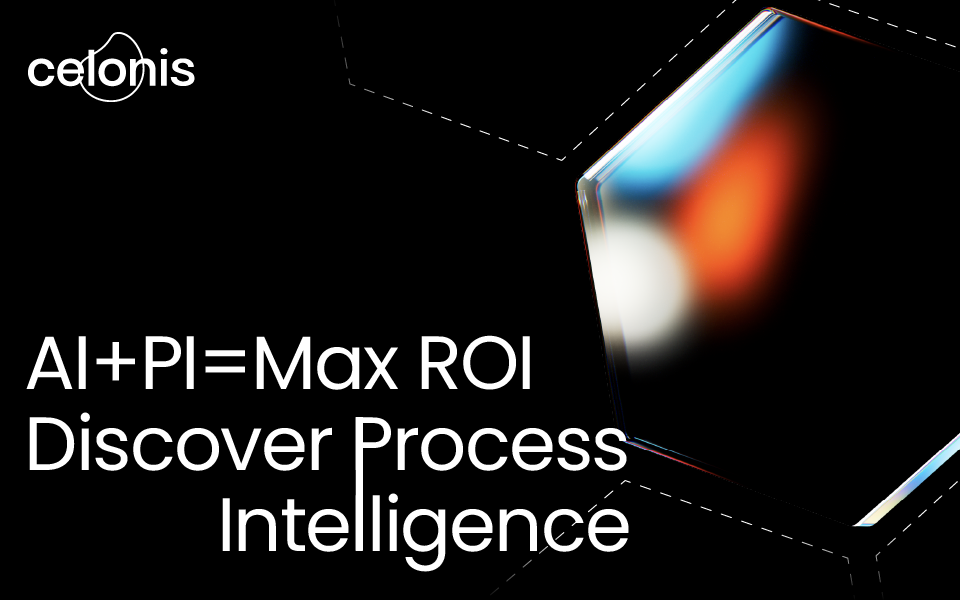The real estate industry is experiencing a profound shift as artificial intelligence (AI) moves from experimental to essential. Today’s AI technologies are far more advanced than simple chatbots or basic data analysis tools. They are evolving into intelligent digital agents capable of streamlining operations, enhancing customer interactions, and providing real-time, data-driven insights that empower smarter decision-making.
At the forefront of this transformation is Real Estate AI Agent Development—a rapidly growing field focused on building AI-powered systems tailored specifically to the needs of property professionals. These agents can analyze market trends, qualify leads, recommend listings, automate communications, and even assist with contract generation, reducing manual workload and increasing overall efficiency.
For real estate businesses aiming to stay competitive in a tech-driven marketplace, the ability to build AI agent for real estate is quickly becoming a strategic advantage. This guide explores the essential tools, emerging trends, and core technologies shaping the future of AI agent development for real estate.
What is Real Estate AI Agent Development?
At its core, Real Estate AI Agent Development refers to the process of creating smart, autonomous systems powered by machine learning, natural language processing, and data analytics specifically tailored for the real estate industry. These AI agents can serve multiple roles—from virtual assistants handling customer inquiries to complex decision-making systems for property valuation, investment analysis, and lead generation.
AI agents are transforming every aspect of the real estate value chain. Whether you're a developer seeking to develop real estate AI agent systems or a brokerage exploring automation, understanding this space is essential to stay competitive.
Why Real Estate Needs AI Agents?
Real estate transactions are inherently complex, data-driven, and people-centric. This makes the industry an ideal candidate for AI integration. Key benefits of AI agent development for real estate include:
-
Faster Decision-Making: AI can analyze thousands of data points—property history, pricing trends, crime rates, school ratings, etc.—in seconds.
-
Automated Documentation: AI can generate contracts, summarize legal documents, and flag inconsistencies, saving time and reducing errors.
The Process to Build Real Estate AI Agent Systems
Wondering how to build real estate AI agent systems? Here’s a step-by-step breakdown of the development process:
1. Define the Use Case
Start by defining what you want your AI agent to do. Will it serve as a chatbot? A recommendation engine? A market analyzer? The more specific you are, the better the outcome.
2. Data Collection
AI thrives on data. Gather structured and unstructured data from various sources such as MLS databases, CRM systems, transaction records, market reports, and customer interactions.
3. Choose the Right Tools
Several AI platforms can help build AI agent for real estate purposes. Some popular ones include:
4. Model Training and Testing
Depending on your application, you may need supervised learning (e.g., price prediction), reinforcement learning (e.g., negotiation agents), or unsupervised learning (e.g., pattern recognition in buyer behavior). Always test your models with real-world scenarios to ensure accuracy.
5. Integration with Real Estate Platforms
To be functional, your AI agent must connect with CRM tools, property databases, email systems, and websites. Use APIs to create seamless integrations.
6. Launch and Iterate
After deploying your AI agent, monitor its performance closely. Use feedback loops to fine-tune models, add new features, and address edge cases.
Building a real estate AI agent is a structured yet flexible process that evolves with technology and user needs. With the right foundation and continuous refinement, your AI agent can become a powerful asset in today’s digital real estate landscape.
Top Tools for Real Estate AI Agent Development
Whether you’re a startup or an enterprise, choosing the right tech stack is crucial to successful Real Estate AI Agent Development. Here are some top tools and frameworks:
1. GPT-4 / GPT-4o
These large language models are powerful for developing conversational real estate agents capable of answering queries, summarizing listings, and generating content.
They excel at understanding natural language, making them ideal for client-facing chatbots and intelligent assistants.
2. LangChain
Perfect for chaining LLM prompts and connecting to external data sources, LangChain is ideal for building context-aware agents that can search listings, summarize market trends, or even schedule showings.
It supports memory, tool usage, and decision-making logic—essential for multi-step reasoning in real estate workflows.
3. Realtor.com API / Zillow API
To build reliable systems, your agent will need up-to-date listings and pricing data. Realtor.com and Zillow offer APIs that feed accurate property information into your models.
These APIs also support historical pricing, property details, and regional trend insights for deeper analytics.
4. Rasa
If you want a custom, on-premise conversational agent, Rasa offers open-source NLP pipelines for building voice or text-based AI agents.
Its flexibility and control over data privacy make it a strong choice for enterprise-grade deployments.
5. Vector Databases (Pinecone, FAISS)
These are used to store and retrieve semantically similar content—crucial for recommendation engines and intelligent property searches.
They enable your AI to perform similarity-based retrieval across listings, user queries, and agent responses with high accuracy.
Choosing the right tools lays the foundation for robust and scalable real estate AI agent systems. With the right combination, you can ensure performance, flexibility, and seamless integration with your business goals.
Emerging Trends in Real Estate AI Agent Development
The world of Real Estate AI Agent Development is evolving rapidly. Here are some of the most promising real estate AI agent trends to watch:
1. Multimodal AI Agents
Next-gen AI agents can interpret not just text but images, videos, and even voice. Imagine uploading a photo of a room and having the AI suggest similar properties or renovations.
This capability enhances property discovery and enables richer, more intuitive user interactions.
2. Hyper-Personalization
Using user behavior data, AI agents can craft tailored property listings, financing options, and investment opportunities based on the buyer's unique profile.
By adapting in real-time, these agents improve engagement and conversion rates across digital channels.
3. Voice-Based Assistants
As smart speakers become mainstream, voice-enabled AI agents will play a more significant role in property searches and virtual tours.
These agents offer hands-free convenience, making property exploration more accessible and interactive.
4. AI for Virtual Tours
Combining AI with AR/VR, agents can create immersive, interactive experiences for remote buyers. Some AI agents even auto-narrate virtual property tours.
This not only saves time but expands reach to global buyers unable to attend in-person showings.
5. Predictive Analytics
AI agents are now being used to forecast market trends, rental yields, and even identify undervalued properties—helping investors stay ahead of the curve.
These insights empower users to make data-backed decisions with reduced risk.
From immersive experiences to intelligent forecasts, these trends are redefining the capabilities of AI in real estate. Staying ahead means embracing innovation and continuously evolving with emerging technologies.
Examples of Top AI Agents for Real Estate
If you're looking for inspiration, here are some top AI agents for real estate already making waves in the industry:
1. Zillow’s Zestimate
Using machine learning models trained on millions of data points, Zestimate offers real-time home valuations.
It considers factors like recent sales, market trends, tax assessments, and user-submitted data to provide highly accurate property estimates.
2. Redfin Assistant
An AI-powered chatbot that answers customer queries, suggests homes, and schedules showings.
It integrates with Redfin’s platform to deliver fast, responsive support while streamlining the home search experience.
3. OJO Labs
OJO is a conversational AI assistant that guides buyers through the home buying process with personalized recommendations and insights.
Its natural language understanding and adaptive learning make it feel like a human advisor, offering value at every step.
4. Structurely
Known for lead qualification and follow-ups, Structurely’s AI assistant integrates with CRM systems to keep agents focused on closing deals.
It engages leads via SMS, email, and chat with human-like conversations, helping nurture prospects until they're ready to convert.
These successful AI agents showcase the real-world potential of Real Estate AI Agent Development. They serve as benchmarks for innovation, customer engagement, and practical value in today’s digital real estate landscape.
Challenges in Real Estate AI Agent Development
Despite its transformative potential, Real Estate AI Agent Development comes with its own set of complexities and obstacles that must be carefully addressed to ensure successful deployment and adoption.
1. Data Privacy
Handling sensitive client information responsibly is critical. Real estate transactions involve financial records, identity documents, and personal preferences, all of which require strict compliance with data protection laws like GDPR and CCPA.
Ensuring end-to-end encryption, anonymization, and secure storage protocols is non-negotiable in AI agent design.
2. Data Quality
Inconsistent, outdated, or incomplete property data can severely impact model accuracy and user trust.
AI agents rely heavily on historical and real-time data from multiple sources—if this data isn’t clean or structured properly, it leads to poor recommendations, mispricing, or irrelevant listings.
3. Integration Complexity
Many real estate firms still operate on outdated, siloed systems that aren’t easily compatible with modern AI platforms.
Integrating AI agents into legacy CRMs, MLS databases, or marketing tools often requires extensive custom development and system upgrades.
4. User Trust
Not all users are comfortable with AI handling high-stakes decisions, especially in real estate where emotions and finances run deep.
Building trust involves transparency in how decisions are made, offering human fallback options, and ensuring the AI supports—not replaces—human expertise.
5. Regulatory and Ethical Concerns
AI must be developed with fairness and accountability in mind. Biased algorithms or opaque decision-making can lead to ethical dilemmas or legal risks, particularly in pricing or lending scenarios.
Proper auditing, explainable AI models, and ethical guidelines should be part of the development lifecycle.
The key to overcoming these challenges lies in a thoughtful, human-centric approach—grounded in strong data governance, ethical design, and clear transparency. By addressing these obstacles early, AI agents can deliver real value without compromising trust or integrity.
Final Thoughts
The future of real estate is intelligent, automated, and deeply data-driven. Real Estate AI Agent Development offers a competitive edge by reducing inefficiencies, enhancing customer experience, and unlocking new revenue opportunities.
If you’re ready to build AI agent for real estate, now is the perfect time. With the right mix of tools, data, and vision, you can create AI agents that don’t just assist but revolutionize the way real estate business is done.
Whether you're exploring how to build real estate AI agent systems from scratch or seeking insights into the process to build real estate AI agent capabilities for your existing tech stack, one thing is clear: AI is not just the future—it’s the present.




